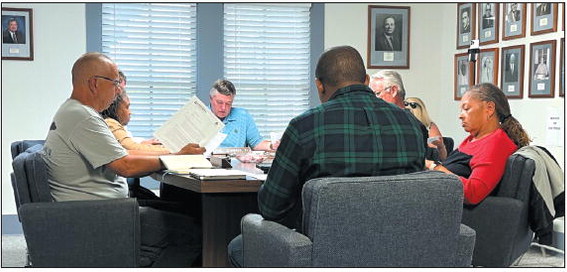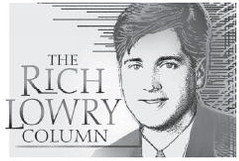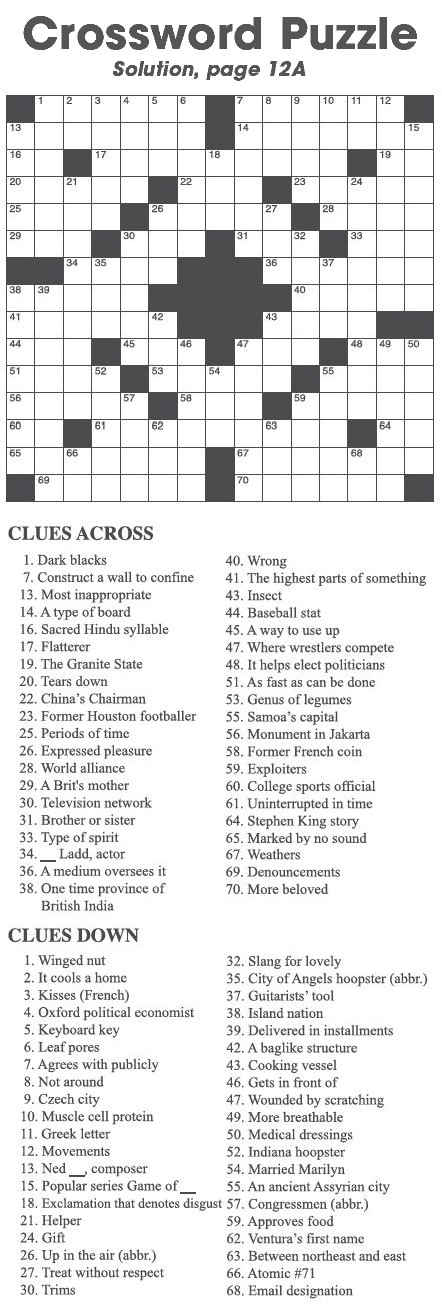editorials
The Rally
Perhaps you saw the video a few weeks ago. A hospice nurse (@ HospiceNurseJulie) posted a video on TikTok and Instagram discussing what is known as “terminal lucidity” or “the rally,” an end of life phenomenon marked by a terminal patients’ perking up and returning to a state of mental clarity in the days before death. Hospice Nurse Julie noted that it has happened to around a third of her patients and that she tries to prepare family and loved ones for the possible change “so it doesn’t devastate them when [the patient] suddenly passes after doing so well” for a while.
I have witnessed “the rally” first hand. It’s both happy and heartbreaking.
In the fall of 2012, my husband received a phone call from the director of the assisted living facility where his mother lived.
“I think it is time to call in hospice for Margaret,” said Teeny.
“What?” he asked in shock. “We just saw her two days ago. She seemed fine.”
“She’s in a steep decline,” Teeny continued. “I see this all the time, and I believe that the time has come. I’m so sorry.”
We felt certain that the director was mistaken, but she wasn’t.
During the next few weeks, we witnessed my mother-in-law’s physical and mental free fall as we visited almost daily, trying to make those last days beautiful for her, and for us.
Then one day, we arrived and learned she hadn’t woken up from sleep that day. I remember touching my husband’s back to steady him as he pondered the possibility that he would never see her eyes again, hear her laugh, or carry on a conversation with her. She slept deeply and peacefully, wrapped snugly in sheets and blankets and surrounded by some of her most cherished possessions from her Chattanooga home.
For days, we played her favorite music — big band tunes and opera — via a portable CD player next to her bed. We talked so she could hear our voices. We watched the hospice nurses care for her — cleaning continued from page
her and wiping the inside of her mouth with damp swabs to provide some hydration. We kept vigil at her side and prepared for what the parade of hospice nurses referred to as “her transition.”
She had been unconscious for several days when late one night, as I grabbed my purse to go home, I turned and saw Margaret looking at me — eyes wide open.
“Hey,” I said somewhat startled.
“Hello, Amber,” she said.
My husband and I rushed to her side and held her hands.
“Are you thirsty?” my husband asked a moment later.
She nodded, and so he held a straw up to her lips and she managed to sip a little water. We looked in the mini refrigerator in her room and found some pudding cups. That night, I watched my husband feed his mother chocolate pudding, one loving spoonful at a time, like a mother feeding a baby oatmeal.
“How is it?” he asked. “Delicious,” she said with a smile.
For two hours, we talked with her, we laughed, and we cried a little, all the while wondering if all the talk about “the end of Margaret’s life” had been a terrible mistake. After a while, she told us she was tired and closed her eyes. She fell fast asleep, and we left and drove the hour home to our house with a million questions circling around in our minds.
The following day, Margaret had returned to her comatose state with no movement or interaction. The director and hospice nurse cautioned us not to get our hopes up, explaining that what we had been privileged to witness the night before was called “a rally.” I had never heard the term before that day.
We respected their knowledge and experience, but our brains couldn’t process it. We couldn’t believe them. My husband and I had seen Margaret wake up with our own eyes. She had talked with us and laughed with us. It seemed impossible that a dying person would suddenly “turn on” and then “turn off ” again.
But that is precisely what happened. Margaret died a few days later.
I’m glad Hospice Nurse Julie is making videos that will educate others about what to expect at the end of a loved one’s life. It’s hard to think about and consider such painful moments, but it is helpful to know and understand what could happen. Knowledge helps our minds prepare.
As for my mother-inlaw’s rally, I feel she gave us a gift that night — just one more fond memory and one final goodbye before she embarked on her solitary journey. And though it was difficult to understand and make sense of during that time, I am so grateful for that last night — for that “rally.”







NITTY GRITTY
Posted on